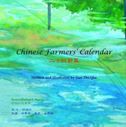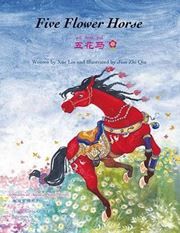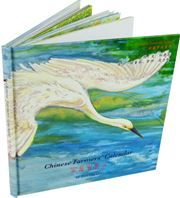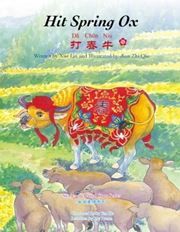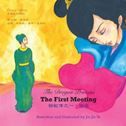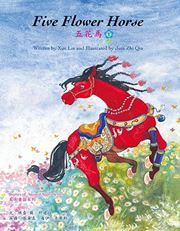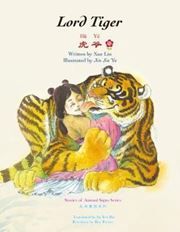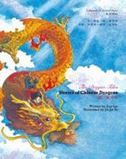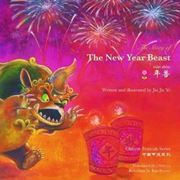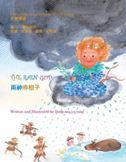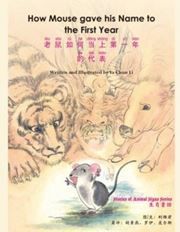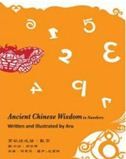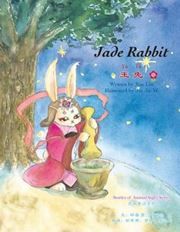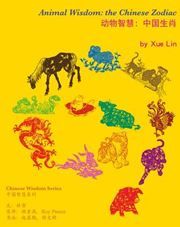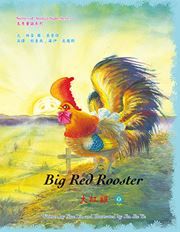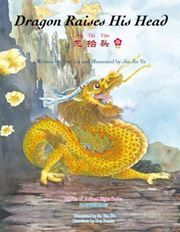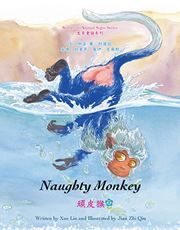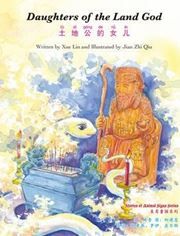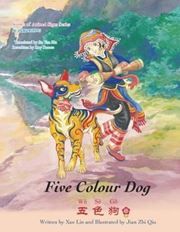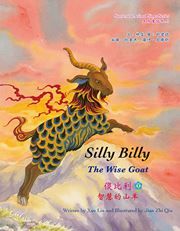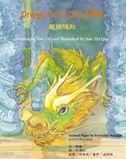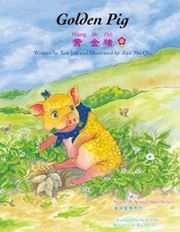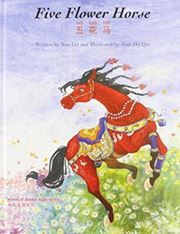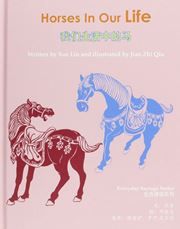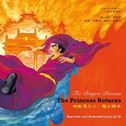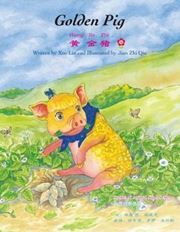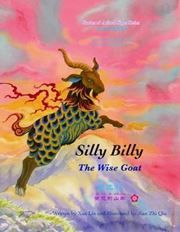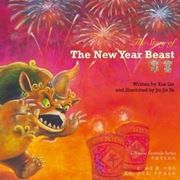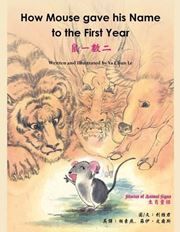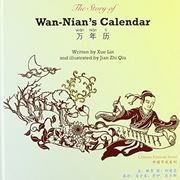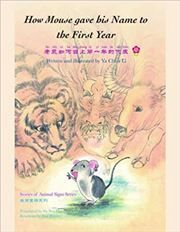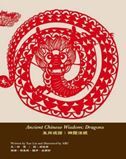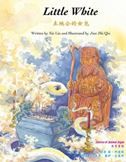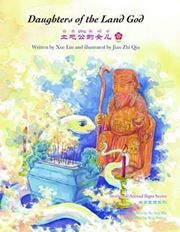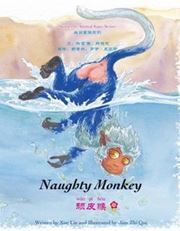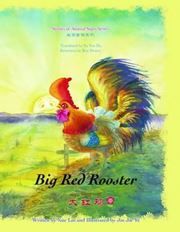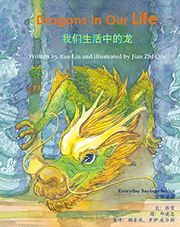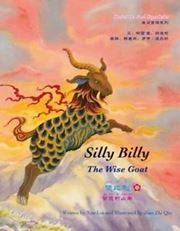Chinese Farmers' Calendar
Author(s):
Jian Zhi QIU Su-Yen HU Roy PREECE
Publisher:
Snowflake Books Ltd
Publication:
12/2011
Languages:
English, Chinese
Binding:
Hardcover
ISBN/SKU:
9781908350060
Pages:
64
Sizes:
210 x 210mm
Weight:
0.1500
On OrderTo be dispatched within 1 week
£12.99
£12.99
(€14.55)
This series of picture books of Grandpa's Diary illustrates traditional Chinese countryside life, using Taiwan as an example. The evocative watercolour paintings and the expressive words will transport young adults into a peaceful world where farmers live and work harmoniously with nature and where people work and play happily with water buffalos around. Book one, Chinese Farmers' Calendar, is based on the Chinese Twenty-four Terms which were used to summarise traditional Chinese farming practice. The Twenty-four Terms are an important part of Chinese cultural heritage. These terms have been applied widely in various situations, though the applications may be different according to geographical differences. Taking Taiwan as an example, rice would be harvested at Summer Solstice in the south, but wouldn't be harvested till Great Heat in the north. In the past, people prayed for good harvests, worshipped the sky for rain and followed the recorded knowledge of terms and the passed-on experience to grow crops and to go fishing at the right times. This traditional attitude by which people followed and respected nature is what modern people lack. This story starts with a boy who opens his grandfather's notebook and begins to read the records of the twenty-four terms as they were used in the agriculture of south Taiwan. As he reads, happy memories of his grandfather come to the boy's mind and these are sympathetically illustrated by Jian Zhi. The scenery and the changing seasons are depicted with natural and vivid lines and colours; the pictures evoke the mood of family love in the intertwined lives of the hard-working grandfather and the boy. The story ends with the coming of a new spring to express the knowledge being passed on to the new generation and to symbolise the traditionally harmonious life between people and nature; it is a reminder to modern people to live with nature or nature will fight back with disastrous effect.
Related Products
£6.99
£6.99
£14.99
£14.99
£12.99
£12.99
£6.99
£6.99
£10.99
£10.99
£12.99
£12.99
£6.99
£6.99
£8.99
£8.99
£12.99
£12.99
£8.99
£8.99
£10.99
£10.99
£12.99
£12.99
£9.95
£9.95
£12.99
£12.99
£9.99
£9.99
£12.99
£12.99
£12.99
£12.99
£6.99
£6.99
£12.99
£12.99
£12.99
£12.99
£6.99
£6.99
£12.99
£12.99
£8.99
£8.99
£6.99
£6.99
£10.99
£10.99
£12.99
£12.99
£8.99
£8.99
£10.99
£10.99
£12.99
£12.99
£6.99
£6.99
£14.99
£14.99
£10.99
£10.99
£10.99
£10.99
£12.99
£12.99
£6.99
£6.99
£9.99
£9.99
£12.99
£12.99
£12.99
£12.99
£6.99
£6.99
£12.99
£12.99
£6.99
£6.99
£8.99
£8.99
£12.99
£12.99
£12.99
£12.99


